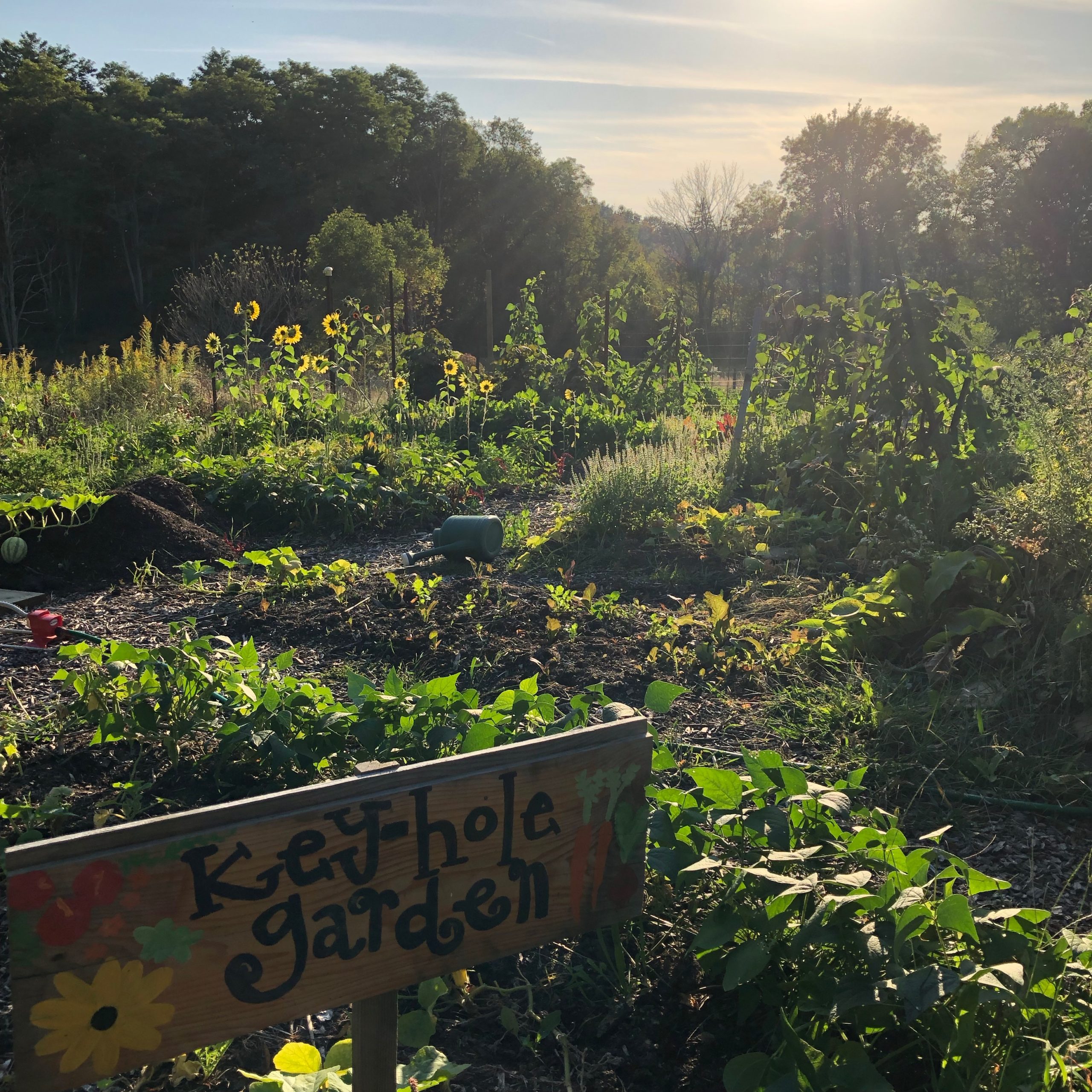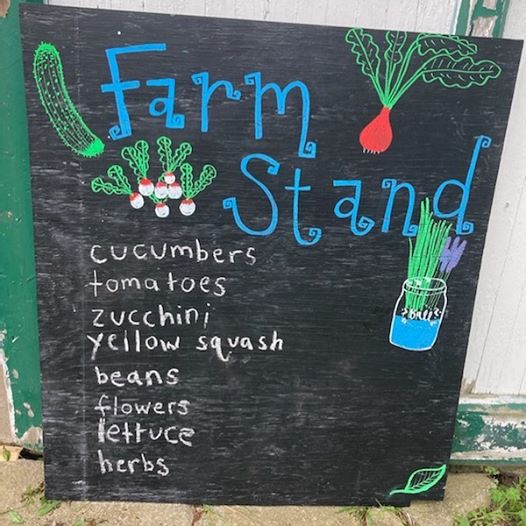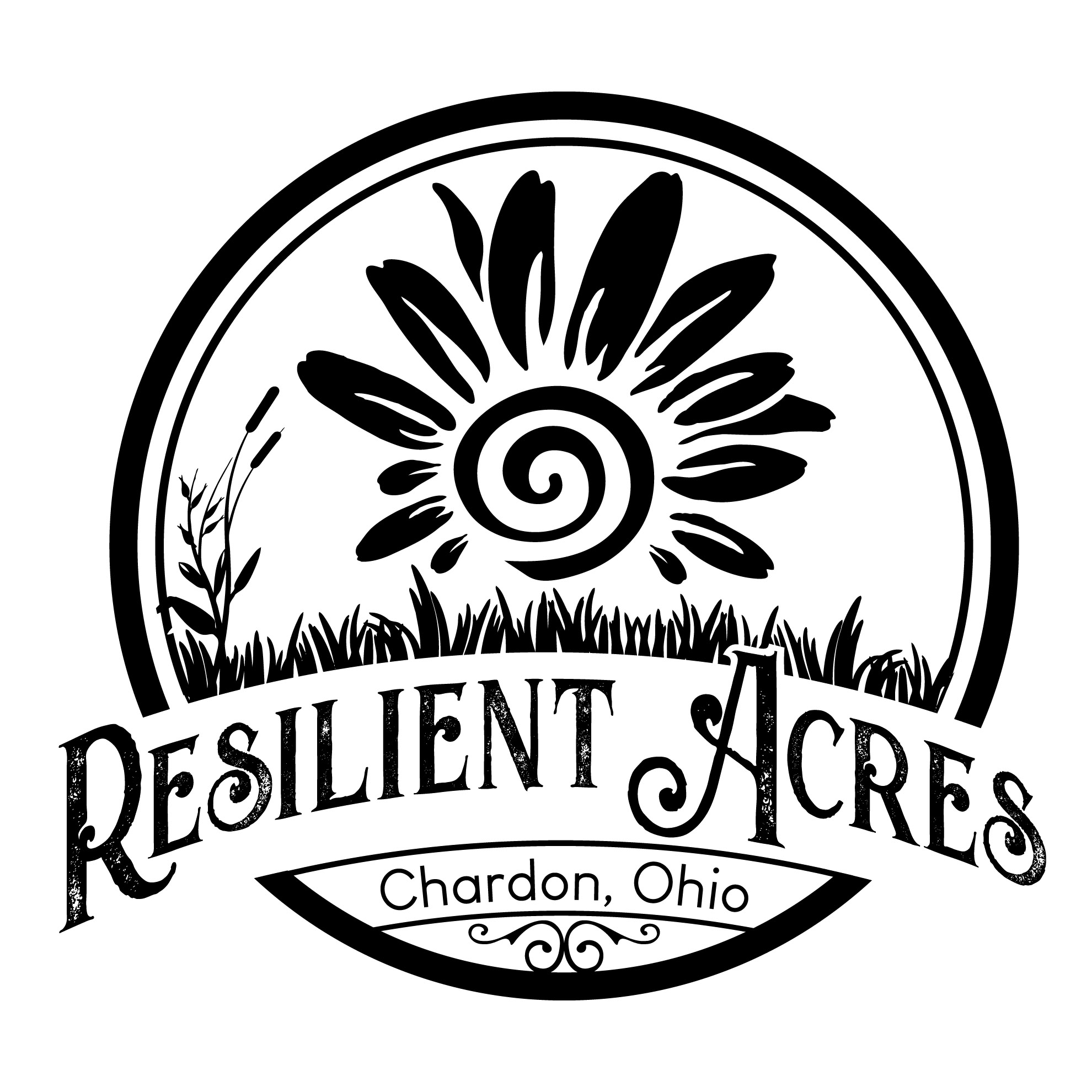Farm Market
“Regenerative Agriculture” describes farming and grazing practices that, among other benefits, reverse climate change by rebuilding soil organic matter and restoring degraded soil biodiversity – resulting in both carbon drawdown and improving the water cycle
Regenerative Agriculture is what we do here, synergistically with our adherence to the Permaculture Ethics and Principles. In addition to promoting environmental health by rebuilding soil, encouraging biodiversity, and recharging aquifers (Earth Care), there are a number of regenerative agricultural installations that also serve commercial agricultural purposes (Fair Share), woven together with efforts to promote the spiritual, emotional, physical, and mental health of people (People Care).

Our Efforts
Medicine Wheel Garden
This garden features number of medicinal plants organized in a wheel that is inspired by indigenous spiritual traditions
Pollinator Garden
In addition to a thriving native pollinator garden we have a designated area in our hay field dedicated to pollinators and we we are certified by Monarch Watch as a Monarch Way Station
Medicinal Orchard
Designed by John Wright of Red Beet Row, this orchard features a number of perennials that have traditional uses as medicine, food, fiber, and fuel
Perennial Swales
Featuring perennial plants like elderberry, service berry and blueberry, the swales are not only edible and/or medicinal, but feature plants that encourage biodiversity, and are also designed to maximize passive utilization of rainwater
Keyhole Garden
This garden features keyhole beds designed to encourage water infiltration, while maximizing growing space and minimizing path space
Herb Spiral
Utilizing Toby Hemenway’s herb spiral design, this space is home to a number of medicinal and culinary herbs
Hay Fields
We are transitioning to 13 acres of organic hay fields
Hoop House
We grow annuals and extend the season for other tender annuals here, but also plan to incorporate more non-native but essential medicinal herbs in this space
Hugelkultur Swales
Utilizing the technique of hugelkultur, we buried logs to create these beds and planted a variety of multigraft fruit and nut trees and shrubs
Sun Trap Food Forest
We planted a variety of fruit, nut and medicinals trees in a Sun Trap design, intended to create a microclimate, wind break, and sound barrier
Woodlands
Scattered throughout our woods are a number of indigenous and cultivated perennial edible and medicinal plants, including ramps, blue cohosh, blackberries, and American ginseng, as well as many different kinds of edible mushrooms; We are certified as a United Plant Savers Sanctuary and we are working on implementing a plan created in collaboration with Rural Action
Rotational Grazing Pasture
Currently home to an integrated polyculture of chickens, sheep, and goats, our rotational grazing pastures will eventually house larger animals to transform our pastures into viable farm products such as compost, manure, eggs, milk, cheese, wool, cashmere, meat and other products ethically procured from this polyculture inspired by the work of Joel Salatin of Polyface Farm
What We Produce
From each of these discrete domains we have produced the following products that are available by request and will soon be available at our new mobile farm stand
- Annual vegetables, herbs and fruit (zucchini, cucumber, tomatoes, herb and traditional lettuce mix, culinary herbs, etc.)
- Perennial vegetables, herbs and fruit
- Honey
- Eggs
- Nursery stock (e.g., perennial starts, annual starts)
- Wool
In addition, we are working towards the production of:
- Dried / dehydrated herbs
- Value added products
- Maple syrup
- Milk
- Cheese
- Compost


